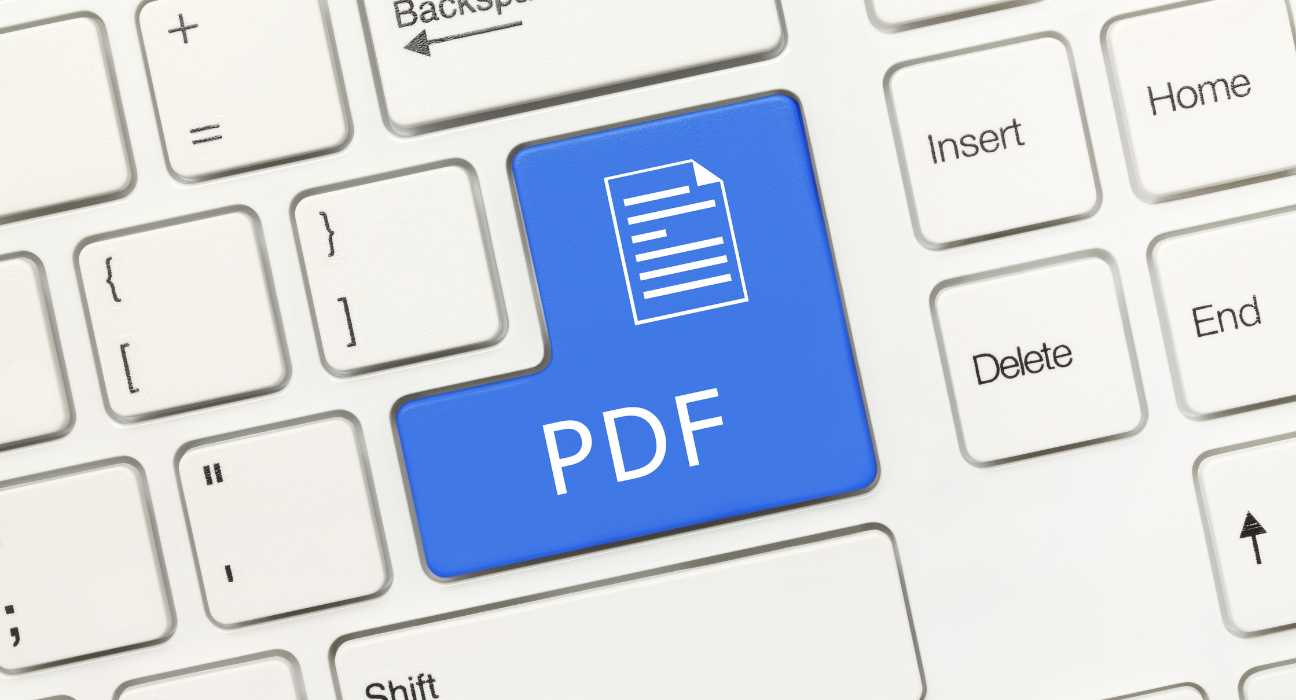Ever wondered how AI quickly transforms PDF files into editable text? Curious about how this technology saves time and effort for businesses? Let’s explore how artificial intelligence converts PDFs into usable formats in just a few simple steps.
The Power of PDF-to-Text Conversion
Manual methods of converting PDFs are often slow and prone to errors. This is where PDF to text AI simplifies the process. Unlike using Python libraries for manual scripting, AI tools automate the entire task, converting documents into editable formats like Word, Excel, or .txt files. This eliminates the hassle of copying content from multiple pages.
These tools pull text from standard documents and recognize complex layouts, images, and tables. They ensure the document’s structure remains intact, making the conversion to an editable format smooth and accurate.
Why AI is a Game-Changer for PDF Conversion
Artificial intelligence has significantly changed how businesses handle their document workflows. Traditional methods can take hours, especially when processing scanned or complex files. With AI-powered solutions, this task is done in seconds. By automating repetitive conversions, businesses can focus on more critical tasks.
Another key advantage is the accuracy of these tools. Advanced algorithms ensure that content is extracted with precision, reducing the likelihood of errors. This reliability is essential in the legal, financial, and medical industries, where precise documentation is vital.
AI-Powered OCR for Scanned Documents
A standout feature is its Optical Character Recognition (OCR) technology. OCR enables AI to convert scanned PDFs into editable formats, making extracting data from non-digital documents easy.
Key benefits include:
- Recognizing handwritten notes
- Extracting text from images and scanned documents
- Supporting multiple languages
- Retaining the original formatting of complex documents
This technology saves hours of manual work and ensures that non-editable files become editable in seconds.
Conversational AI for Document Interaction
Beyond simple conversion, advanced tools are evolving to interact with documents in more dynamic ways. This technology allows users to ask questions directly related to the content. For example, instead of manually searching through a lengthy contract, users can ask, “What are the key terms in this agreement?” It instantly locates and presents the relevant sections.
This feature boosts productivity and makes accessing crucial information easier. Instead of browsing through pages of text, conversational intelligence provides the necessary data almost instantly, improving decision-making and efficiency.
The Automation Advantage
One of the most significant advantages is automation. These tools can process large volumes without human intervention. This means businesses can schedule document conversions as part of their regular operations, increasing productivity.
Unlike manual conversion methods or Python-based scripting, these clever tools can effortlessly handle diverse formats. They extract data from financial statements, employee records, and presentations with ease. Automation reduces errors, saves time, and enables businesses to operate more efficiently.
Artificial intelligence has revolutionized how portable document formats are converted into editable text, saving businesses valuable time. With PDF to text AI, the conversion process is faster, more accurate, and requires minimal effort. From advanced-powered OCR to conversational AI, these tools handle everything from scanned files to complex queries. Automation enhances document management, ensuring businesses stay productive and efficient. As more companies embrace this technology, document handling becomes smoother and more reliable.

